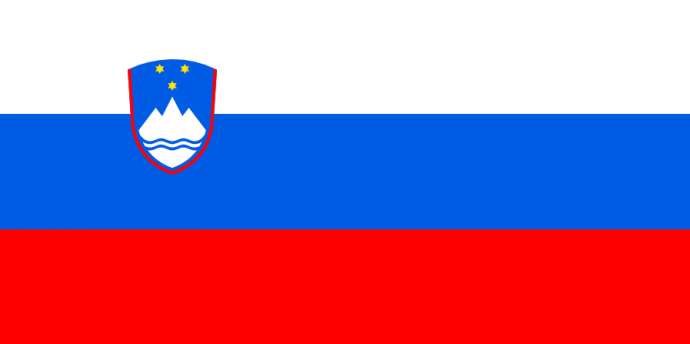STA, 23 June 2021 - The celebrations of the 30 years of Slovenia's sovereignty and independence will culminate with the main national ceremony on Statehood Day on Friday, 25 June, in memory of the day in 1991 when the Slovenian parliament passed several key documents for the country to leave the former Yugoslavia and become fully independent.
The high-profile ceremony will be held on Friday evening in Republic Square in Ljubljana, the same spot where the country's independence was ceremoniously declared on 26 June 1991.
The 9pm ceremony will also be an occasion to celebrate the start of Slovenia's EU presidency due on 1 July, so several senior foreign officials are expected to attend it.
Details of the ceremony have not yet been revealed, not even the main speaker, who is usually one of the senior-most politicians.
However, Statehood Day ceremonies are usually introduced with a firing cannon salute from Ljubljana Castle followed by a cultural programme and the main speech.
The Government Communication Office (UKOM) said this year Slovenia will be celebrated with songs, dances and recitals.
Despite coronavirus restrictions, a number of Slovenian and foreign politicians will attend the ceremony, but the list of foreign guests is still being finalised.
Representatives of all veteran organisations have also been invited. Independence War veterans confirmed their attendance and so has the head of the WWII veteran organisation, Marijan Križman.
Opposition leaders will meanwhile be largely absent. Marjan Šarec (LMŠ) and Luka Mesec (Left) will not attend, Pensioners' Party (DeSUS) new leader Ljubo Jasnič has not received the invitation and the SNS's Zmago Jelinčič will address a smaller Statehood Day event in Radenci.
Mesec will meanwhile go to an alternative 7pm event in Prešeren Square, which will be organised by groups attending Friday evening anti-government protests.
Before the state ceremony, the upper and lower chambers of parliament will meet for their festive sessions and an exhibition on Slovenia's 30 years by photographer Srdjan Živulović will open at the Parliament House.
The Slovenian Armed Forces guard of honour will be lined up at the entrance to Presidential Palace, which will be open to members of the public, who will be addressed by President Borut Pahor.
Following a democratisation drive in Slovenia and a deteriorating economic and national situation in the multi-ethnic Yugoslavia in the 1980s, the Slovenian assembly passed the key documents governing Slovenia's independence on 25 June 1991: the Basic Charter on Sovereignty and Independence, the constitutional law on to implement the charter, and the Declaration on Independence.
As the new legislation was passed, the then president of the assembly, France Bučar, said: "Long live sovereign and independent Slovenia!", to which the delegates, or MPs, stood up and applauded.
The Basic Charter says Slovenia is a sovereign and independent nation which assumes all rights and duties that were transferred onto the former Yugoslavia.
The Declaration on Independence set down a future course for the newly independent state - kind of a country Slovenia wants to be, with which institutions it intends to integrate or what relations it wants to have with former Yugoslav republics.
Independence was declared at a public event in Republic Square on 26 June 1991, when the flag of the Republic of Slovenia replaced the flag of the Socialist Republic of Slovenia in front of the parliament.
However, the festivities were short-lived as Yugoslav army tanks headed from barracks in Slovenia and Croatia to Slovenia's borders with Italy, Austria and Hungary, triggering a ten-day war of independence.
Following a ceasefire based on the 7 July 1991 Brijuni Declaration, brokered by the EU's predecessor, and a subsequent three-month independence process moratorium Slovenia had to agree to, the last Yugoslav soldiers left Slovenia in October of the same year as the Yugoslav authorities realised Slovenia could no longer be persuaded to stay in Yugoslavia.






